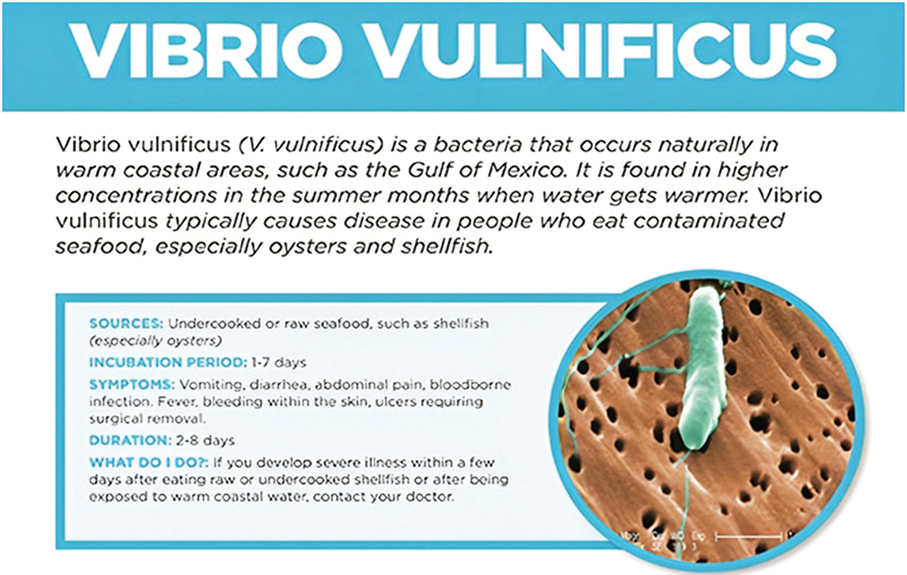A local man was infected with Vibrio vulnificus when handling fish, according to a statement by the Health Bureau (SSM) yesterday.
The statement said the injured is a 72-year-old male resident with a history of chronic illness, who was accidentally stabbed by a fish fin on the middle finger of his right hand while handling fish at home last Tuesday, the statement said.
The man developed swelling and pain on his middle finger and fever, as well as upper respiratory symptoms such as coughing up sputum, after which he sought treatment at the public Conde de São Januário Hospital Centre last Wednesday, the statement said, adding that he was diagnosed with cellulitis in his right middle finger and upper respiratory tract infection, while the wound secretion was confirmed to be Vibrio vulnificus on Friday.
Cellulitis is an inflammation of subcutaneous or connective tissue caused by a bacterial infection.
After treatment, the patient’s condition stabilised, the statement said.
According to the Hong Kong Centre for Health Protection, Vibrio vulnificus is a Gram-negative bacterium that is present naturally in warm seawater. It may cause infections in people who have an open wound exposed to seawater and in those who consume raw or undercooked seafood contaminated with the bacteria.
Wound infection with Vibrio vulnificus may result in necrotising fasciitis (commonly known as “flesh-eating infection”), which is a serious bacterial infection of the soft tissue and fascia (a sheath of tissue covering the muscle), the statement pointed out, adding that it can lead to tissue destruction and can be fatal, with the fatality rate of Vibrio vulnificus-associated necrotising fasciitis being about 20 to 30 percent.
Consuming food that is contaminated with Vibrio vulnificus may occasionally cause fever, diarrhoea, vomiting and abdominal pain, the statement said, adding that in people with underlying medical conditions, especially liver diseases, Vibrio vulnificus can infect the bloodstream typically causing fever, chills, decreased blood pressure and blistering skin lesions.
To prevent Vibrio vulnificus infection, members of the public should clean wounds immediately and cover them properly with waterproof adhesive dressings until healed, and avoid allowing wounds to come into contact with seawater or raw seafood, the statement said.
The statement also reminds members of the public to avoid skin contact with dirty water when visiting a wet market, and be careful with sharp parts of seafood, such as fish fins, shrimp heads and crabs to prevent cuts.

Image courtesy of IAS Gyan





